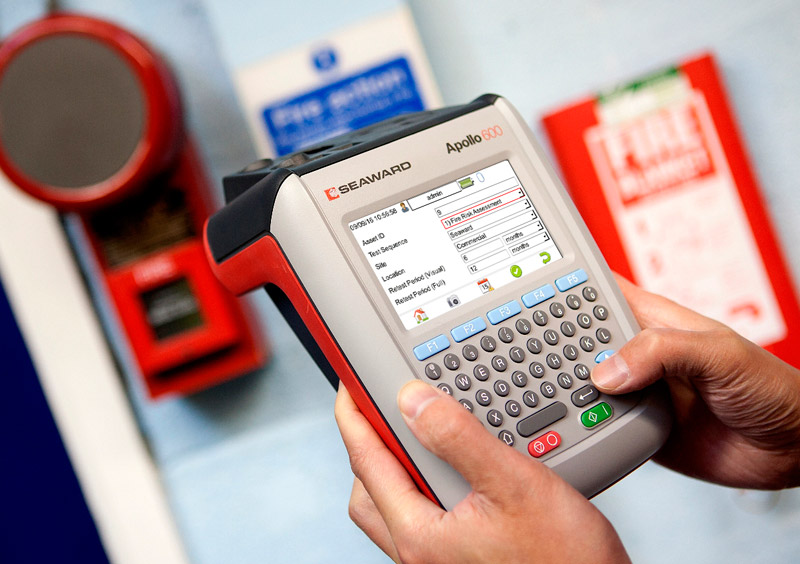
Following last month’s column in which Tony Cable reflected on the day he graduated, here he tells us about becoming a ‘new’ spark and the changes that it made to his life.
Back in the early days of my career apprentices were treated very differently when compared with today. Essentially they were the tool carriers, wall chasers, pipe threaders, sweeper uppers and general ‘dogsbodies’. They were the ‘give me’s’ – “give me this, give me that!”
Somewhere in amongst all that we also managed to learn our trade, but then my training was for six years so I had plenty of time to learn.
Apprentices these days are put to work much quicker, perhaps because a lot of the heavy work is not there anymore.
Plastic conduit and trunking have replaced metal. Commercial buildings are all plug and play; Pyro has virtually gone, replaced instead with FP200.
At the NICEIC apprentice final last year we put in one piece of metal conduit, terminating one end into a 100mm x 100mm box, the other into a stop end box, involving a running coupler and nipple. A lot of apprentices reading this won’t know what this is and unfortunately some of the finalists had no idea where to start. That was not their fault, I should add, as they’d not been taught how to do it.
So when I started as a sparks it was a different job to what I’d been used to doing as an apprentice. I was now bending the conduit, marking it off for my apprentice to thread. I marked out the chases for my apprentice to chase out. I had to learn a new job. It was a bit like later on in life when I became a charge hand and a foreman – completely different jobs.
“To this day I still plan tomorrow’s work when I get into bed each night so that when I start in the morning the planning is in place.”
In all jobs, however, you must plan ahead. When I taught in college many years later I used to advise students to plan ahead, spend the first five minutes of each hour or different task planning. If you’re running cables, for example, then look for an alternative route as it may end up being quicker. Walk round a job, get to know the layout because it could save you time later.
To this day I still plan tomorrow’s work when I get into bed each night so that when I start in the morning the planning is in place.
Sometimes on different jobs the client would tell you what to do. I would have a good look around and many times suggest a different way of working that would save them time. I used to do a lot of work for a friend of mine who was the head of maintenance for a number of factories. Now I knew that my labour was more than other companies he used, so I asked him one day why he continued to use me when I was more costly than my competitors?
“You arrive, I tell you what’s required, and you always say come back in half an hour. When I get back you’ve had a good look around, found the easiest way to do the job and have usually started work,” he replied.
“Other companies start without really thinking about what they’re doing. I will come and see piles of discarded conduit and cable where they keep changing their minds. Therefore you’re cheaper in the long run and I get a better job.”
So remember, as you go through life make sure you plan your changes.







